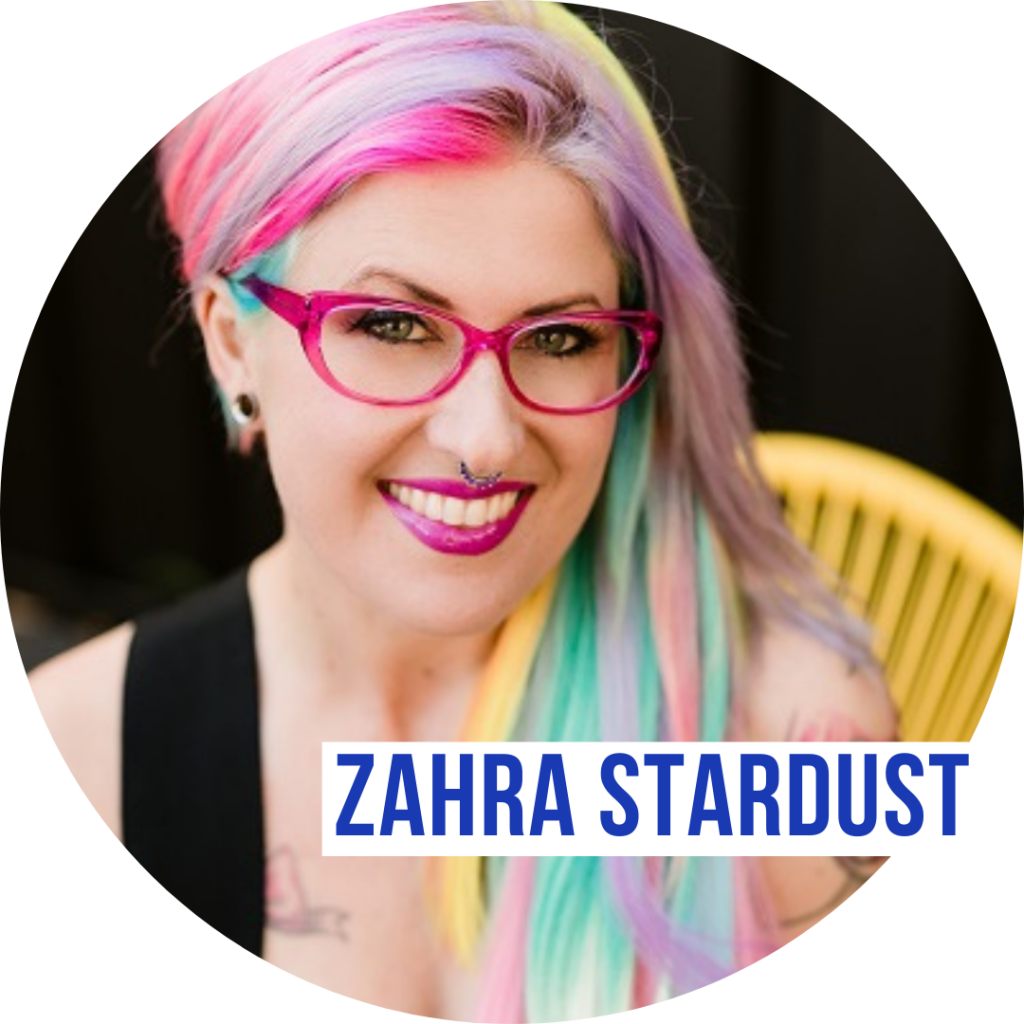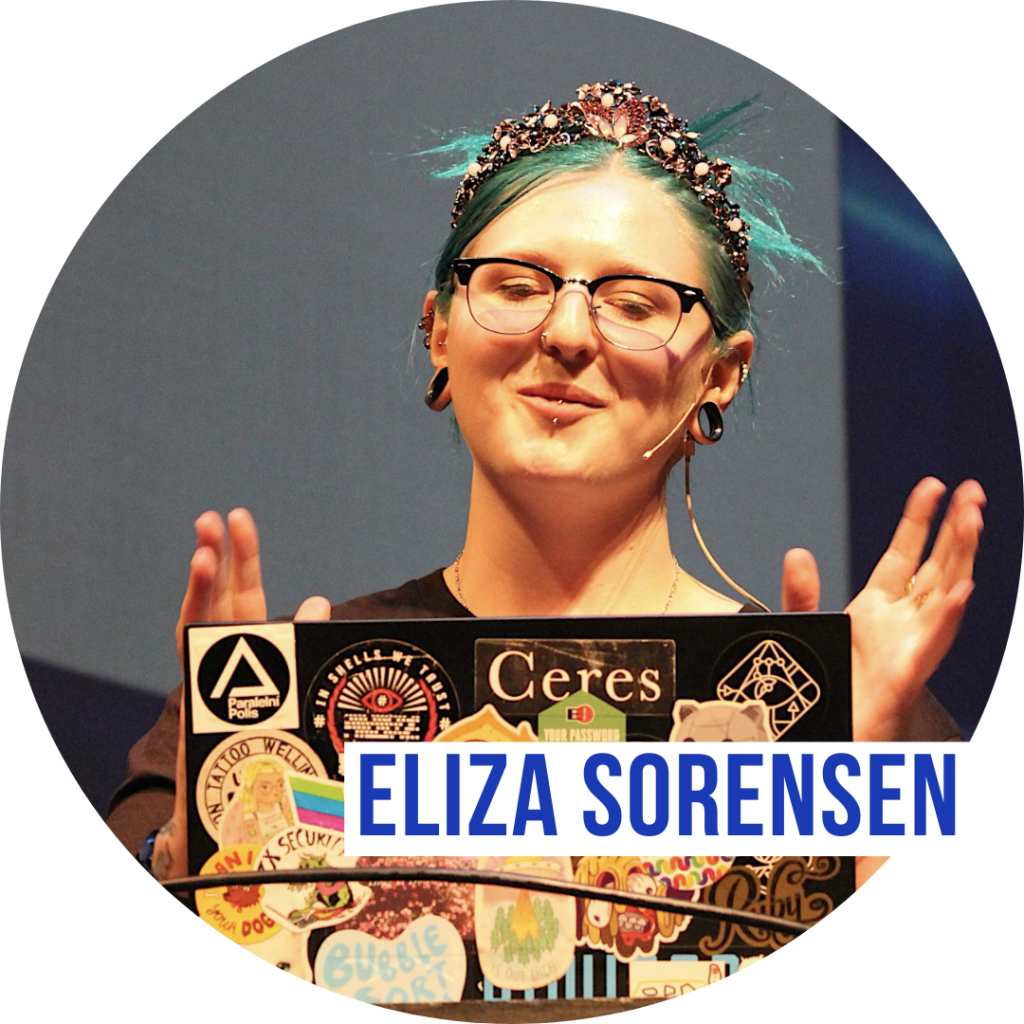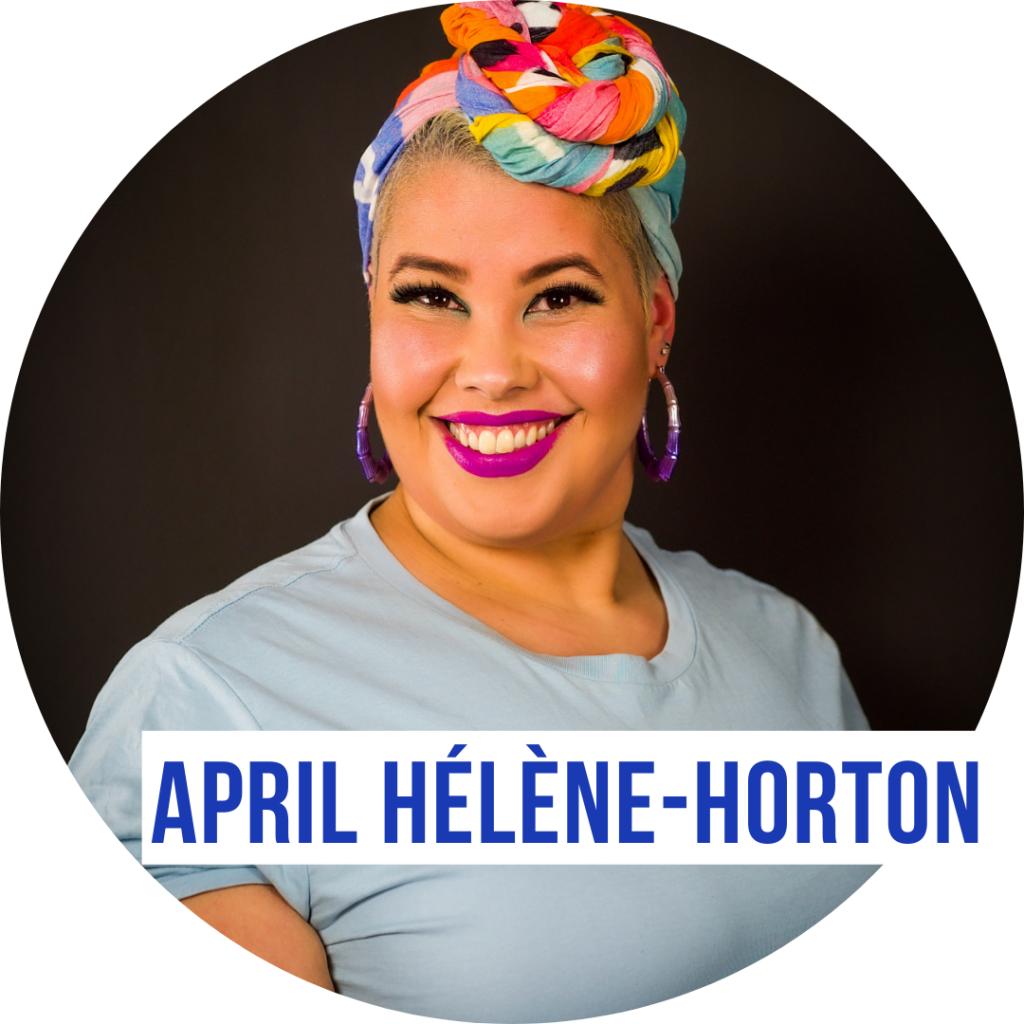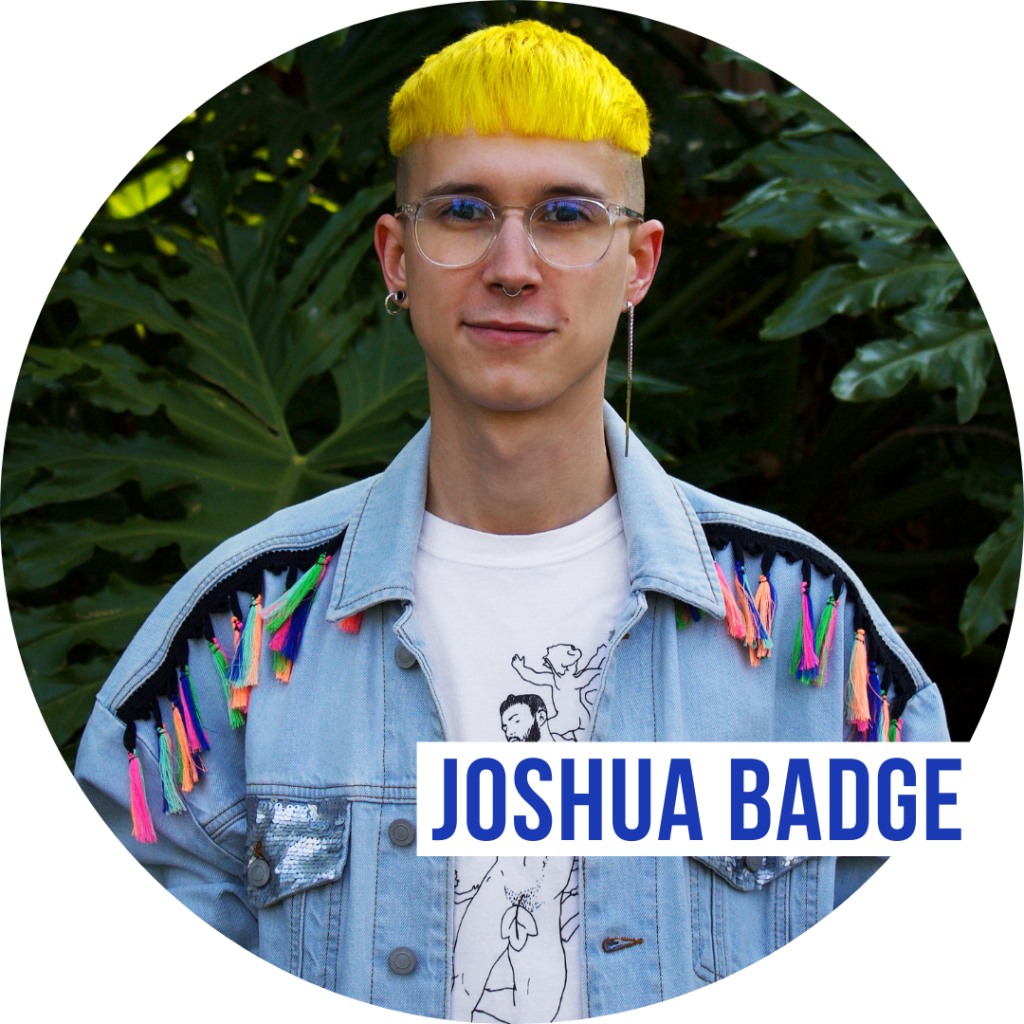
What is art? What is pornography? A contested distinction that was once made by adult stores, galleries, and the classification board, now falls to digital platforms and their automated content moderation algorithms. Censorship debates date back centuries, and our public discussions, legislation, and tech policies are still riddled with moralistic ideology about what is ‘good’, what is ‘bad’ and what the general public should be allowed to see.
The EXHIBIT event is the first of our four-part event series as part of our community-based research project to Rebalance the Internet Economy. The EXHIBIT event is centered on the experiences of sex workers, artists, and content creators.
The internet was heralded as a place where freedom of expression would thrive, and yet marginalised and minoritised voices continue to be silenced online: sex workers are regularly de-platformed, Black, Brown and Indigenous peoples are more heavily policed, LGBTQ+ content creators are ‘shadow banned’, and nudity policies disproportionately impact some over others. How are these policies communicated? Can individuals have a say when their livelihoods depend on it?
The rise in hate speech, misinformation, online abuse, and bullying calls for meaningful policy and regulation but it is essential we get the balance right. All over the world we are seeing an increasing trend toward heavy-handed removal of content based on a moral standing, not an evidence-based or harm reduction one. Australia’s Online Safety Bill is a prime example of when the regulatory focus is too heavily invested in content over context. It’s time we had a frank conversation about what needs to change to better serve individuals.
As it stands we have policy and regulation that protects morals rather than people—but we need it to be the other way around in order for our communities to thrive online. Join us to hear from our panelists and share your (yes, your!) perspective!
SPEAKERS

Dr. Zahra Stardust (she/her)
Dr Zahra Stardust (@ZahraStardust) is a socio-legal scholar working at the intersections of sexuality, technology and law. She is a former Penthouse Pet, Hustler Honey, Feminist Porn Awards Heartthrob and award-winning striptease artist, and has toured Sweden, Australia, Japan, Germany, Canada and New Zealand as a pole dance instructor, trapeze artist and sex educator.
Over the last 15 years Zahra has worked in policy, advocacy, legal and research capacities with community organisations, NGOs and UN bodies on human rights in Australia and internationally, particularly on issues of sexual and reproductive health, sex worker rights and LGBTQA+ health. Her work has been published in books such as Queer Sex Work, New Feminist Studies, Orienting Feminism, Coming Out Like a Porn Star and the DIY Porn Handbook. She has written for the Journal of Sexual Health, World Journal of AIDS, Social Science and Medicine and Crime, Justice and Social Democracy and is on the Editorial Board of Porn Studies.
Zahra is currently a Postdoctoral Research Fellow at the ARC Centre of Excellence for Automated Decision-Making and Society at QUT. Her current projects examine the data governance practices of sex tech, the implications of algorithmic sexual profiling, and how automated content moderation practices impact the distribution of sex education material. Her forthcoming book Indie Porn explores the regulation of queer and feminist pornographies through criminal laws, classification codes and platform governance.

Eliza Sorensen (they/she)
Eliza Sorensen (@zemmiph0bia) is a disabled hacker, freedom of information enthusiast, sex worker, and co-founder of Assembly Four, a collective of sex workers and technologists who founded sex work friendly social space Switter.at and advertising platform Tryst.link.
A big believer in community action and education, Sorensen has had the privilege to speak at the UN IGF, Knight First Amendment Institute’s Reimagine the Internet, Kiwicon and RubyConf Australia about human rights, harm reduction, and how internet legislation can hurt not just marginalized communities but the internet at large.
Sorensen is also an organizer of SnakeOil.Academy (formerly, the Security & Privacy track) for PyCon Australia, a former board member of the Electronic Frontiers Australia, and has been presenting digital security and privacy educational workshops with the help of peer organisations worldwide

April Hélène-Horton (she/her)
April Hélène-Horton is a writer, public speaker and model – you might know her better as The Bodzilla (@thebodzilla).
In February 2021, she led the way as Australia’s first truly plus size models to appear in a bikini on a billboard. Before that, she’d spent a year building the identity of ‘The Bodzilla’ to give a real voice to her passion for self-love and body acceptance.
The rise of anti-racism into mainstream conversation meant that the absence of representation she had felt keenly growing up was becoming another key part of her online work. April knew she needed not only to speak to her friends and family about fat positivity and anti-racism, but to anyone who would listen.
Her experiences of online censorship plus the ongoing fight to amplify marginalised voices above the sounds of the bots and community guidelines bring her to the Digital Rights Watch panel event to discuss how we Rebalance the Internet Economy.
The world might not be ready for marginalised bodies to take up space but The Bodzilla is here to make room for everyone and show the door to anyone who wants to peddle diet culture and harmful BS based on social conditioning and bias.

Joshua Badge (they/them)
Joshua Badge (@joshuabadge) is a queer philosopher, writer and poet living on Wurundjedri land in Melbourne. Their writing has appeared in Meanjin, Overland, The Guardian and Junkee and their poetry has featured in Cordite and Going Down Swinging.
Joshua has presented at conferences and public events including Queer Thinking, Queer Legacies New Solidarities, Queerstories, Free Play and Holograph.
Their research interest broadly includes issues of authority, justice and power and in their spare time they work pro-bono in public health policy.
